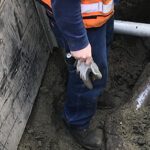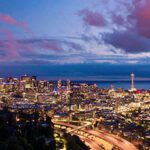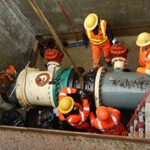Side Sewer Permitting & Inspection Moves to SPU
In June the City’s side sewer permitting and inspection functions partially transitioned from SDCI to Seattle Public Utilities (SPU). This first step is part of a change that is expected to be completed by October 1, 2025. What has changed? Customers shouldn’t have noticed any changes on the front or… [ Keep reading ]



